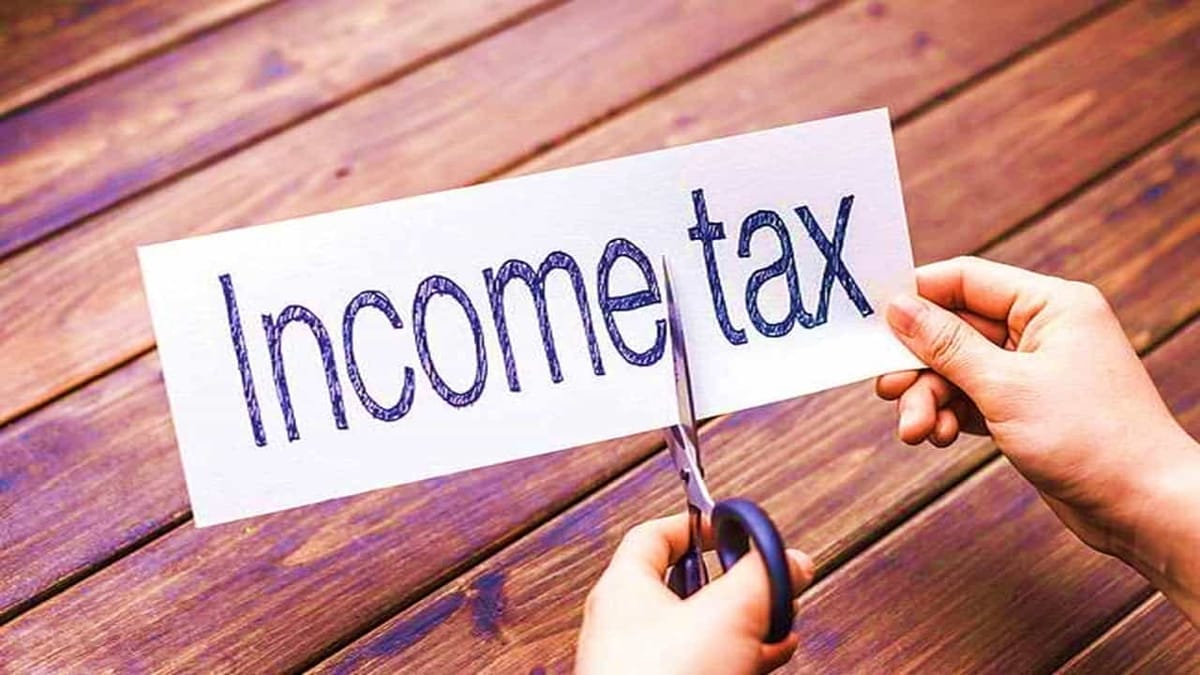The middle class anticipates an increase in several tax exemption limitations accessible under various sections such as Section 80C, Section 80D, Section 87A, and so on.
Reetu | Jan 23, 2023 |

Budget 2023: 5 Income Tax relief measures a middle class can expect from Upcoming Budget
As the Union Budget approaches, the middle class is eagerly awaiting for income tax improvements that would allow them to reduce their tax outgo. Their budget expectations are particularly high in this regard because this would be the last complete budget of the present Narendra Modi-led central government, and the upcoming budget is likely to be populist.
The middle class anticipates an increase in several tax exemption limitations accessible under various sections such as Section 80C, Section 80D, Section 87A, and so on.
The Union Budget 2023 would provide lower and middle-income people with more disposable money. Many people have struggled in recent years as a result of the ongoing COVID-19 pandemic, rising inflation, a war-like crisis, layoffs, increased medical expenses, and the fear of a global recession. To solve these issues, the Indian government would most likely concentrate on increasing demand across a wide range of industries.”
In terms of income tax reforms that the middle class might expect from Nirmala Sitharaman. Here we listed out the following 5 relief that he is expecting in budget 2023:
Major relief is being considered for the salaried class under sections 80C of the I-T Act, which deals with exemptions on various expenditures and investments. For nearly a decade, there have been no significant modifications to the 80C deduction limits. The current limit of Rs. 1.5 lakhs for investment deductions under Section 80C. Therefore, this should be increased to allow for greater tax savings and increased investments.
Several measures are being explored to increase consumption, however various sources say that the government is considering increasing the basic tax exemption threshold from Rs.2.5 lakhs to Rs.5 lakhs. This may not affect resident individuals earning up to Rs.5 lakhs because they have always received a rebate under Section 87A.
The Indian middle class is looking for measures to improve their standard of living, such as access to affordable homes and better healthcare. With the higher cost of medical insurance after the pandemic, the threshold for these deductions should be raised to better meet the financial load on the middle class. Section 80D’s scope should be broadened to encompass healthcare expenses such as doctor’s consultation fees and diagnostic test charges.
Buying a home is still considered a luxury for middle-class taxpayers. To alleviate this burden, The limit of adjustable deductions on home loans may be raised to Rs.3 lakh from the current Rs.2 lakh each year, considering that interest rates have gone up significantly. In addition, home buyers can deduct up to Rs. 1.5 lakhs in interest paid on home loans authorised between April 1, 2019 and March 31, 2022 under Section 80EEA. The lock-in time and threshold for these deductions may be increased to encourage more house ownership.
The Standard Deduction was implemented five years ago in financial year 2018-19. In light of increasing medical and fuel costs, there is a solid reason for increasing the standard deduction threshold from Rs.50,000 to Rs.1 lakh.
Finance Minister Nirmala Sitharaman may allow higher child education and hostel allowances, as well as extend the exemption limits for Provident Fund contributions to Rs.2.5 lakh – Rs.3 lakh per year. As an added bonus, she may increase the deduction limits for National Saving Certificates and insurance premiums from Rs.1.5 lakh to Rs.2.5 lakh.
The deduction for hospital expenses may be increased by Rs.50,000. The same would be true for children’s education allowances, college and tuition expenses, where the tax exemption limit would go up to Rs.2 lakh from Rs.1.5 lakh. These limits have remained unaltered for nearly two decades.
In case of any Doubt regarding Membership you can mail us at contact@studycafe.in
Join Studycafe's WhatsApp Group or Telegram Channel for Latest Updates on Government Job, Sarkari Naukri, Private Jobs, Income Tax, GST, Companies Act, Judgements and CA, CS, ICWA, and MUCH MORE!"